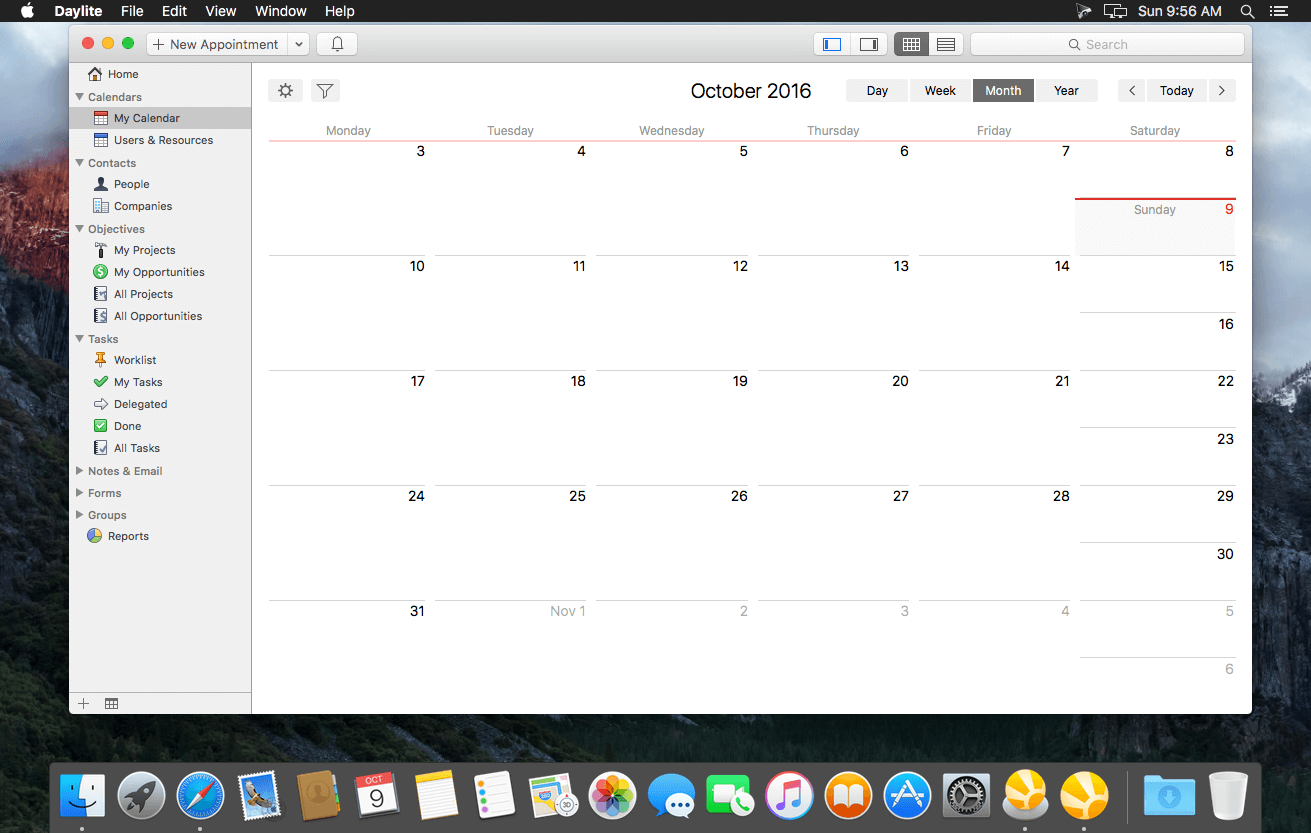


Oh, and on top of all that, actually doing the work. It also involves finding that balance of sharing information, while maintaining proper control over where it is and who can access it. Good teamwork requires keeping track of who is doing what, what is completed, setting priorities and being able to make adjustments as things change. To determine when a user logged off you have to go to the workstation and find the “user initiated logoff” event (551/4647).Let’s face it, working on a team is important for success but it isn’t always easy.To determine definitely how a user logged on you have find the logon event (528/4624) on the computer where the account logged on.However, the most straightforward approach relies on logon events on domain computers - more at On events 672/4768 (depending on the OS version) recored in the Security log on the authenticating domain controller (more at Once that's in place, you should be able to identify users logging on to specific computers based If the assumption is that students don't have administrative rights to laptops and log on with their domain credentials, then you can enable Account logon events on your domain controllers (see Thanks in advance for any help anyone can provide.

So there must be a way to flip that around, right? We are looking for a quick and easy way for helpdesk and/or first tier support to get information about who was using the computer when.ĭoes anyone have a tip on how we can accomplish this? I was thinking maybe there is a way to create a custom report.? There is a canned SCCM report that is essentially the opposite of the information we want, which is "Computers for a specific user name:ĭisplays a list of computers used by a single user". A typical scenario would be that a student brings a laptop to a teacher complaining that they found something bad that was done by someone using the laptop before them in an earlierĬlass period. hacking, installing software, looking at or creating explicit content, etc. It is fairly common for us to have a need to know user logon history for a computer, if it is brought to our attention that a student was using a computer to do something inappropriate.Įg. I work for a K-12 school district that is fairly new with SCCM.


 0 kommentar(er)
0 kommentar(er)
